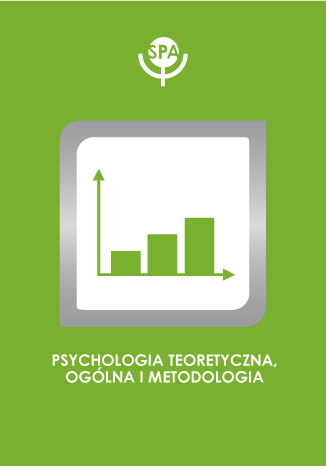Wpływ dobowych zmian poziomu pobudzenia na wykonanie zadania poznawczego

Iwona Sołtysińska
DOI:
Rocznik: 1999 Tom: 5 Numer: 2
Strony: 153-164
According to Nęcka's (1994) theory of intellect, the influence of arousal on cognitive functioning depends on the level of intelligence. Less intelligent people are expected to be more dependent on the fluctuations of arousal, whereas more intelligent people are hypothetically less dependent on such fluctuations. In the present study, this assumption has been verified through the measurement of circadian rhythms of arousal and their influence on cognitive task performance. The task designed for this study allowed to manipulate with the extent to which either working memory or attention was engaged. The data suggest that the time of day influences cognitive performance only in interaction with personality-related arousal, connected with the dimension of extroversion. As to intelligence, high IQ participants appeared less susceptible to arousal influences than less intelligent ones. Thus, the results confirmed the theoretical predictions only in part.









 Pobierz pełny tekst
Pobierz pełny tekst



